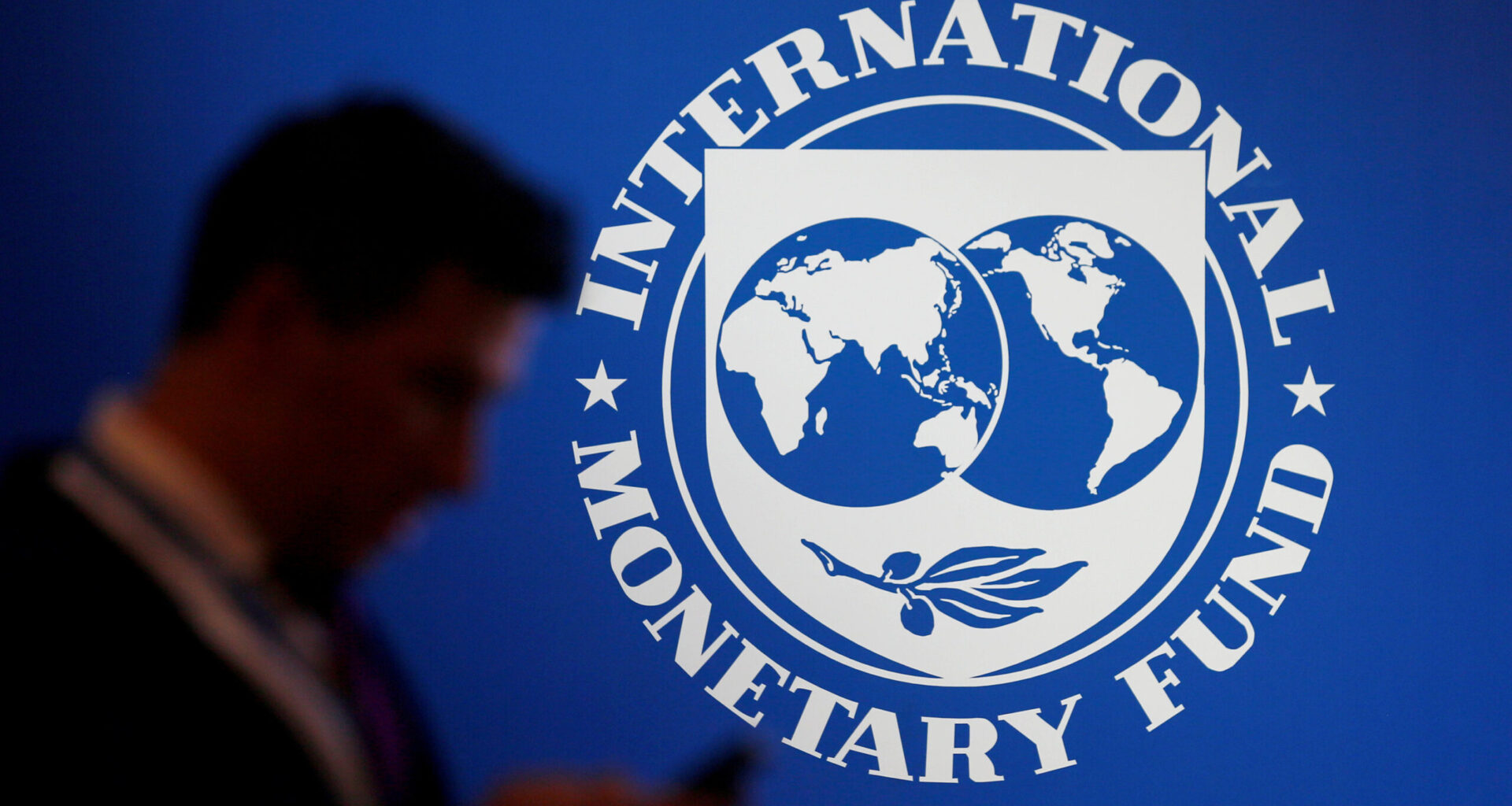The International Monetary Fund (IMF) board approved the first review of the agreement it struck with Argentina in April, enabling a US$2 billion disbursement.
The lender had reached a staff-level agreement on the review last week.
In a statement, the fund said the approval marked “an important early milestone” under the new program. It went on to say that although Argentina had missed its mid-June target for net international reserves accumulation, the country had met “other key performance criteria and indicative targets.”
The board welcomed the government’s “commitment” to implementing policies consistent with the program’s objectives, which it listed as bolstering public finances, reducing inflation, rebuilding reserves, and “laying the foundation for stronger and more sustainable private sector-led growth.”
In April, the IMF’s board approved a US$20 billion Extended Fund Facility (EFF) arrangement for Argentina, which included an immediate disbursement of approximately US$12 billion. The following disbursements are made every three months, on the condition that the country meets certain targets.
As part of the agreement, the country adopted a currency band scheme. The dollar will be allowed to float between two values, originally AR$1,000 and AR$1,400. The Central Bank will only intervene to buy or sells dollars if it reaches these limits.
The IMF allows the administration to buy dollars to accumulate reserves, but the Central Bank has chosen not to, although the Treasury has carried out some purchases.
The country also partially lifted its foreign currency controls after the deal was struck.
IMF Director Georgieva’s words
The fund’s managing director, Kristalina Georgieva, said in a statement that “the new phase of Argentina’s stabilization program, supported by the Extended Fund Facility arrangement, has had a strong start.”
“Disinflation has resumed, the economy has continued to expand, and poverty has fallen further,” she explained, adding that “the zero-overall deficit target remains the key policy anchor.”
She went on to say that the country’s “spending discipline and controls are ensuring adherence to the authorities’ objective of a 1.6 percent of GDP primary surplus for this year.” The IMF director said the government should provide adequate “social assistance to the most vulnerable.” While the government said it would veto a bill increasing retirement pensions, Milei announced that it would grant a tax cut for agricultural exporters.
“Efforts to ensure any new tax or spending initiatives are fully funded remain important,” added Georgieva.
She said that the monetary framework should be refined and that, for the government, providing “greater clarity regarding the medium-term monetary regime remains essential to further anchor disinflation.”
“Exchange rate flexibility should be preserved, while sustained efforts continue to rebuild reserve buffers,” she said.
“This is critical to allow Argentina to better manage shocks and durably access international capital markets at more favorable terms.”
